New Delhi, 8 September 2011: This year, International Literacy Day, celebrated worldwide on 8 September, is focusing on the link between literacy and peace. Children are not responsible for war, yet it robs them of their childhood. Wars and conflicts leave a trail of destruction behind them, especially for innocent children caught in the line of fire. An estimated 20 million children around the world have been forced to flee their homes because of conflict and human rights violations and are living as refugees in neighbouring countries or are internally displaced within their own national borders.
Countries most affected by war and conflict, such as India, Pakistan, Afghanistan, Libya, Sudan and Iraq, also have the highest incidence of illiteracy and face other socio-economic challenges, including child labour, child abuse and HIV/AIDS. According to UNESCO, it is estimated that there are 793 million illiterate adults in the world, most of them women. A further estimated 67 million children of primary school age are not in school and 72 million adolescents of lower secondary school age are also missing out on their right to an education.
The statistics of the devastating impact of war and conflict on children make for shocking reading. More than 2 million children have died as a direct result of armed conflict over the last decade. More than three times that number, at least 6 million children, have been permanently disabled or seriously injured and over 1 million have been orphaned or separated from their families. In addition, between 8,000 and 10,000 children are killed or maimed by landmines every year.
An estimated 300,000 child soldiers – boys and girls under the age of 18 – are involved in more than 30 conflicts worldwide. Child soldiers are used as combatants, messengers, porters, cooks and to provide sexual services. Similarly, hundreds of thousands of children are compelled to leave schooling as schools are either functioning as relief shelters or have been converted into military camps.
Speaking on International Literacy Day in New Delhi, Global March Chairperson Kailash Satyarthi said: “In my many discussions with children during our different campaigns and in various exchanges with them, there are often discussions on why countries can spend so much money on terrible man-made things that take away or ruin lives, like guns and bombs, and yet so little on things that can give life meaning, dignity and joy, like schools, books, playgrounds and toys for children. These are questions that I still find very difficult to answer and I am still looking for those answers to help innocent children understand the horrors that life can bring. Today, as we commemorate International Literacy Day, I call upon all social actors, parents, teachers, institutional leaders, all of us who want to protect and help our children and children everywhere, to unite their voices and their collective strength and urge governments and the international community to increase their commitment for the education and security of all children.”
